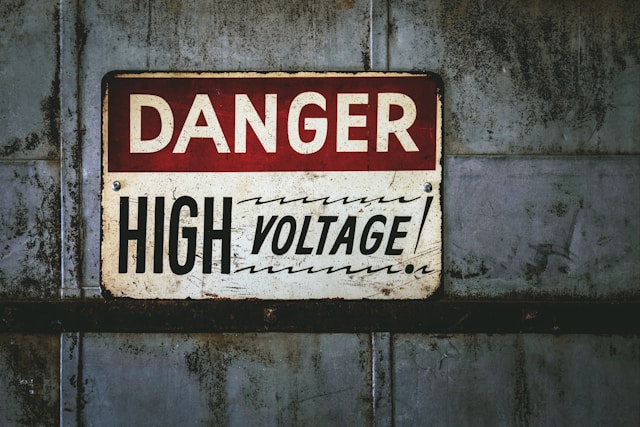

Many chemical weed sprays, including glyphosate and other chemicals used to control weeds around Pennsylvania railroad tracks, have been linked to cancer in workers exposed to these chemical sprays on a regular basis. Employees in the railroad industry may have options for relief if they suffered serious illnesses caused by exposure on the job. Monetary compensation cannot restore lost health, but an award could provide a sense of justice and help provide for needs going forward. Financial compensation may be available for anyone exposed to chemical weed sprays and suffering from cancer, such as Non-Hodgkins lymphoma. This applies to railroad workers and non-railroad workers alike. A Pennsylvania chemical weed spray attorney can help workers demonstrate that a railroad chemical weed spray exposure caused their condition or illness and help them recover compensation. An experienced railroad injury lawyer could help establish liability and fight for full and fair remedies for railroad workers when their employers put profits ahead of protection.
Glyphosate is the primary ingredient in many chemical herbicide sprays used in the railroad industry since the mid-1970s. Since glyphosate is composed of a linear carbon chain, it is not as persistent in the environment once sprayed as some other herbicides, however, workers who regularly come in contact with glyphosate in chemical weed spraying applications have a much greater risk of harm through chronic toxicity.
The World Health Organization has reported that glyphosate is likely to be carcinogenic in humans. In particular, exposure to glyphosate and glyphosate-based chemical weed sprays used in Pennsylvania railroads has been linked to Non-Hodgkin’s lymphoma and multiple myeloma. Workers exposed regularly to sprays containing glyphosate may have a substantially greater risk of developing these forms of cancer.
Workers can be exposed to dangerous chemicals used in weed sprays on train tracks in Pennsylvania in a number of ways. When workers spray chemicals, the airborne particles can be inhaled, entering the body through the mouth and nose and settling in the airway or lungs or even being ingested.
Additionally, workers can suffer from chemical exposure through the skin. The effects may be more pronounced if workers are not provided with adequate gloves or if they need to remove their gloves frequently.
Pennsylvania railroad workers who apply chemical weed sprays may be at risk from chemicals other than glyphosate. For example, another common herbicide, dichlorophenoxyacetic acid, often referred to as “2,4-D,” can be highly toxic if ingested or inhaled or if it gets into the eyes. Effects can include:
This chemical weed killer has also been linked to Non-Hodgkin’s lymphoma and birth defects in children born to parents who apply the spray.
Finally, it is also important to pay attention to chemicals that are used in conjunction with glyphosate. Some “inert” ingredients may cause no harm on their own but become highly toxic when combined with glyphosate.
If you were diagnosed with cancer or another serious illness after Pennsylvania railroad chemical weed spray exposure, it is a good idea to talk to an attorney who is familiar with railroad injury illness claims. You may be entitled to receive compensation for your pain and suffering, emotional distress, lost income, medical expenses, and other consequences.
To receive compensation, a railroad worker must be able to show the causal connection between workplace exposure, the employer’s negligence, and the medical condition at issue. An experienced attorney could review the circumstances to determine whether such a connection could be demonstrated and explain your options for recovery. Contact us today to schedule a consultation.



© 2024
Doran & Murphy, PLLC
All rights reserved | Attorney Advertising